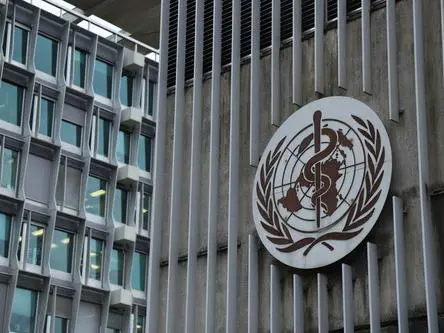The World Health Organization (WHO) has warned that the COVID-19 pandemic is likely to undermine the ability of many African countries to feed their citizens amid disruptions on agricultural activities.
Matshidiso Moeti, WHO regional director for Africa said Thursday that the viral respiratory disease could hamper efforts to address the endemic hunger and malnutrition crisis in the continent.
"COVID-19 is unfolding in Africa against a backdrop of worrying levels of hunger and undernourishment, which could worsen as the virus threatens livelihoods and household economies," Moeti in a statement issued in Nairobi.
"Hunger and malnutrition heighten vulnerability to diseases, the consequences of which could be far-reaching if not properly addressed," she added.
WHO statistics indicate that one in five people in Africa is undernourished while 30 percent of children under five years in the continent have stunted growth.
The UN health agency acknowledged there is limited research on malnutrition and COVID-19 fatalities but stressed that individuals with weak immune system due to severe undernourishment are likely to be severely affected by the virus.
Nearly 73 million people are currently food insecure in Sub-Saharan Africa as desert locust invasion combined with climatic shocks devastate key staples like maize.
According to WHO, COVID-19 has escalated food shortages in Africa as containment measures like lockdowns, curfews and physical distancing hamper storage, processing and transportation of food.
It said that low-income households have borne the brunt of restricted movements amid loss of income and inability to access open-air markets where they often source for local staples.
WHO hailed a recent decision by several African countries to mitigate the disruption of food supply chains even as they intensify the fight against the COVID-19 pandemic.
Moeti said that WHO has developed guidelines to enable African countries to promote health and nutrition of citizens through consumption of whole grains, cereals, lentils, peas and beans as they mull easing of anti-COVID-19 containment measures.
"As countries begin to relax their lockdowns, essential health services must be in place to meet challenges posed by malnutrition," said Moeti, adding that African governments should provide assistance to food-insecure households and ensure medical facilities are able to give special care to COVID-19 patients that are undernourished.
(XINHUA)
 简体中文
简体中文

